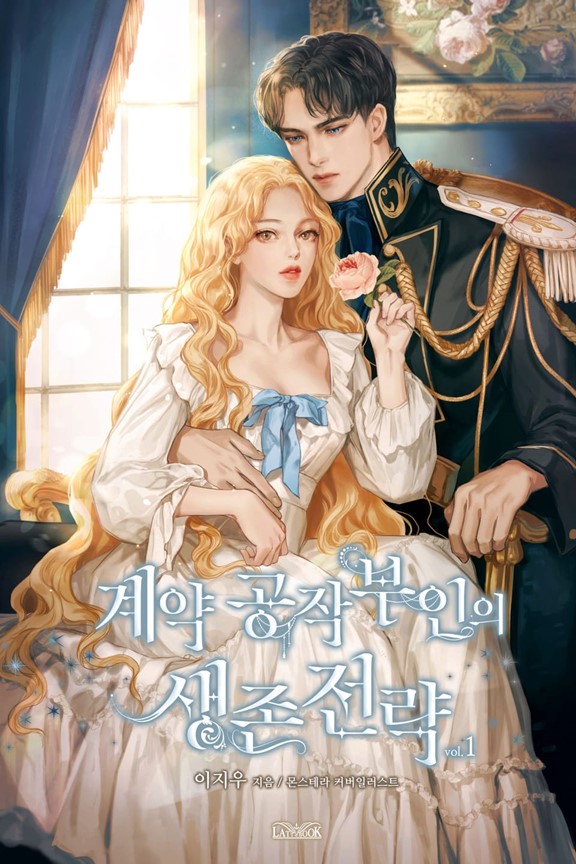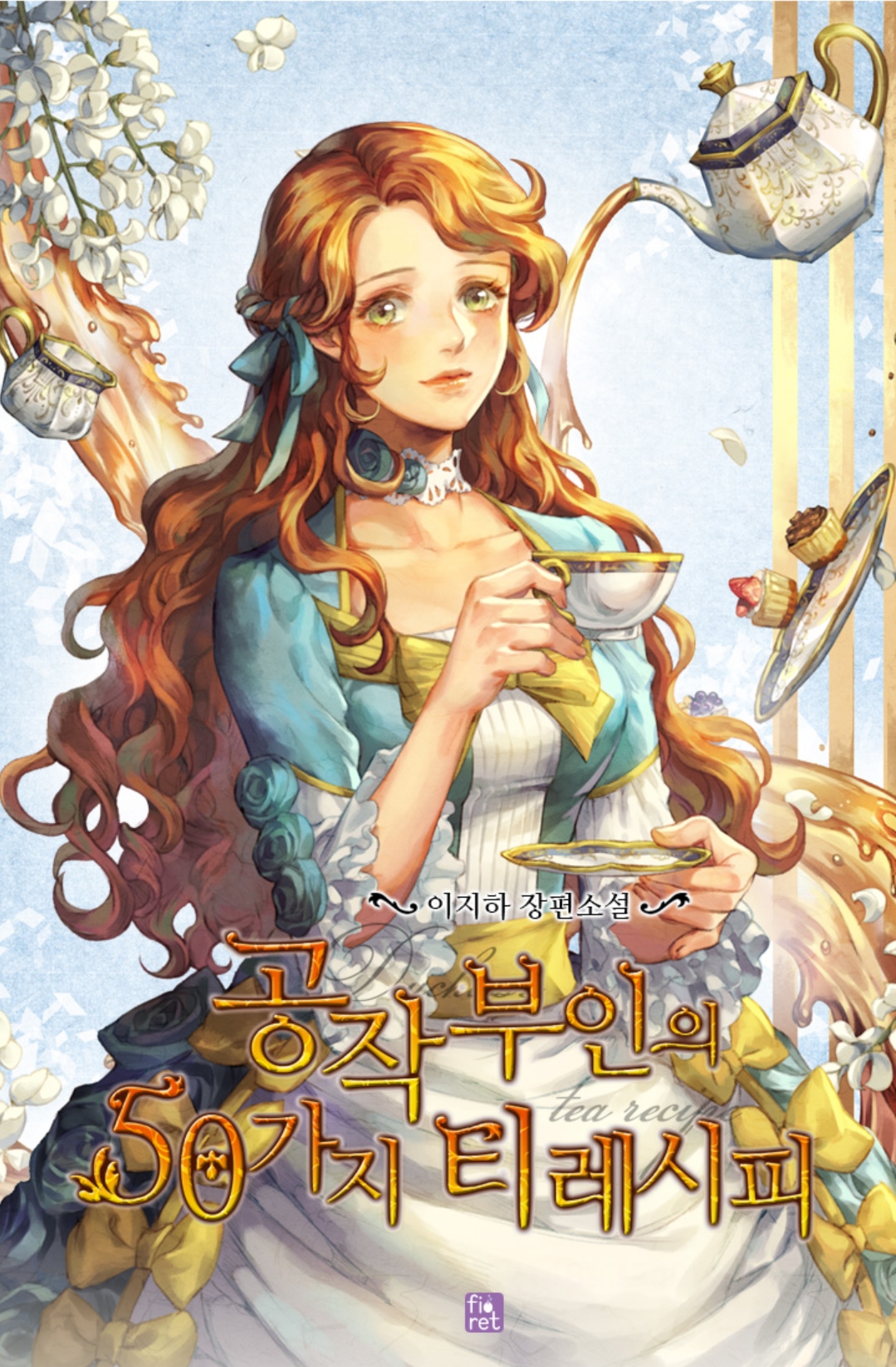Chapter 134: Ballad of the Charcoal Phoenix
- Home
- All Mangas
- I Think my Husband is a Murderer
- Chapter 134: Ballad of the Charcoal Phoenix
Chapter 134: Ballad of the Charcoal Phoenix
✱✧✱ From ash a heartbeat rekindles; from doubt a blade of destiny gleams. ✱✧✱
The lamplight quivered as though it, too, feared the question trembling on my lips.
“How did you slip the noose Edward Windsor tightened around your throat, Father?”
My words hovered between reverence and quiet outrage, a prayer laced with an accusation.
Isaac Prim—once robust as a sea‑beaten mast, now gaunt yet crowned with an ember‑bright defiance—offered a smile carved from equal parts pain and wonder.
“Because of you, Edith—because a daughter’s voice can snatch a soul from the brink.”
“All because of me …?”
Memory, warped by torment, flickered in his hollow emerald eyes like constellations glimpsed through storm clouds.
“I know it sounds like a mad minstrel’s ballad,” he confessed, fingers tracing the charcoal‑stained fringe of his beard, “but as death’s frost crept through my veins, your childhood warning tolled in my mind—clear, relentless, impossible to ignore.”
I felt my breath coil tight in my ribs. “I must grasp every shard of truth. How did Prince Windsor’s poison fail, and why vanish into silence, appearing now as though conjured by a fever‑dream?”
Father exhaled—a sound like wind over graveyard stone. “Windsor’s gardener is an alchemist in exile, schooled in formulas our shattered kingdoms outlawed. Yet the elixir that saved me was not gilded science, but charcoal—humble soot born of flame and ruin.”
A phantom sweetness—Eden Blanc, Windsor’s signature toxin—seemed to seep into the room, mingling with the cedar smoke of the hearth. My mind reeled back to another life, another world, where textbooks whispered that charcoal’s honey‑comb lattice could drink poisons from the stomach like a sacrificial chalice.
Charcoal?
In this realm—where alchemists were butchered for daring to challenge royal doctrine—the notion felt heretical, almost comical, yet Father pressed on.
“When the venom first scorched my throat, I remembered your childish decree: ‘If poison claims you, swallow charcoal.’ No scholar confirmed it, no healer endorsed it, yet desperation is a ruthless tutor. I clawed blackened timber from a galley stove, ground it between my teeth, and prayed to gods I no longer believed in.”
Night after night, he consumed that bitter dust until the fever’s claws retracted. I pressed trembling fingertips to my lips, laughter and tears warring in my chest.
“You gambled on a child’s superstition—and won !”
He shrugged, a brittle sparkle lighting the caverns of his cheeks. “Madness can cradle miracles. Does the method matter, when the heart still beats?”
Behind me, Johannes released a low breath—part disbelief, part begrudging awe.
Father’s calloused palm rose, cupping my cheek with the tenderness of summers long buried. “You drew me back from the grave, little star. Whatever tempests remain, I will brave them by the lamp of your courage.”
Steel bled into my voice. “Then the game ends with us, not with Windsor. He has shifted his hungry gaze to me.”
Father’s brow furrowed, thunder gathering in his expression. “Is that why you believe I hid—from him?”
“The note at the Mussen Museum,” I insisted. “Giltheon delivered it—”
Realisation cracked open like thunder: Giltheon may have betrayed us.
Father shook his head, stubborn faith blazing behind exhaustion. “Giltheon’s loyalty is ironclad—there is a misunderstanding here.”
“I distrusted him from the first,” I muttered, yet Father cut the protest short with urgent resolve.
“Time is a wounded stag—its blood sows chaos with every heartbeat. I must act before the trail disappears.”
He stepped toward the door. Panic surged; I seized his sleeve.
“Windsor intends to summon me to Barberin Castle. If I am drawn to the capital—”
Father stiffened, eyes flaring with dread and iron determination. “Then I will tear truth from shadow before that dawn breaks. But listen, Edith: do not anchor blind faith in your husband. The Marquisate of Russell casts a labyrinthine shade—one careless step, and you may drown beneath it.”
Across the room, Johannes’ glacier‑blue gaze held storms I had yet to name, but he remained silent, a sentinel forged of pride and conflict.
Father squeezed my hand—rough, trembling, achingly dear.
After hesitating for a while, my father let go of my hand and disappeared from the hotel room, without even offering the customary promise of seeing me again.
For a heartbeat the air pulsed with his absence, and then only the hush of unanswered prayers remained.





